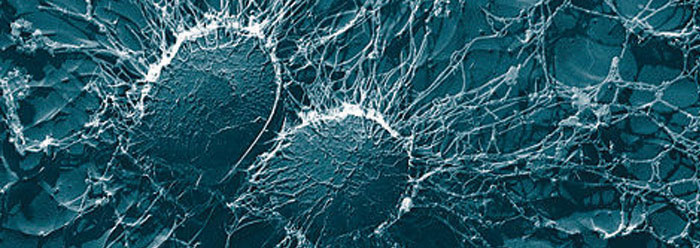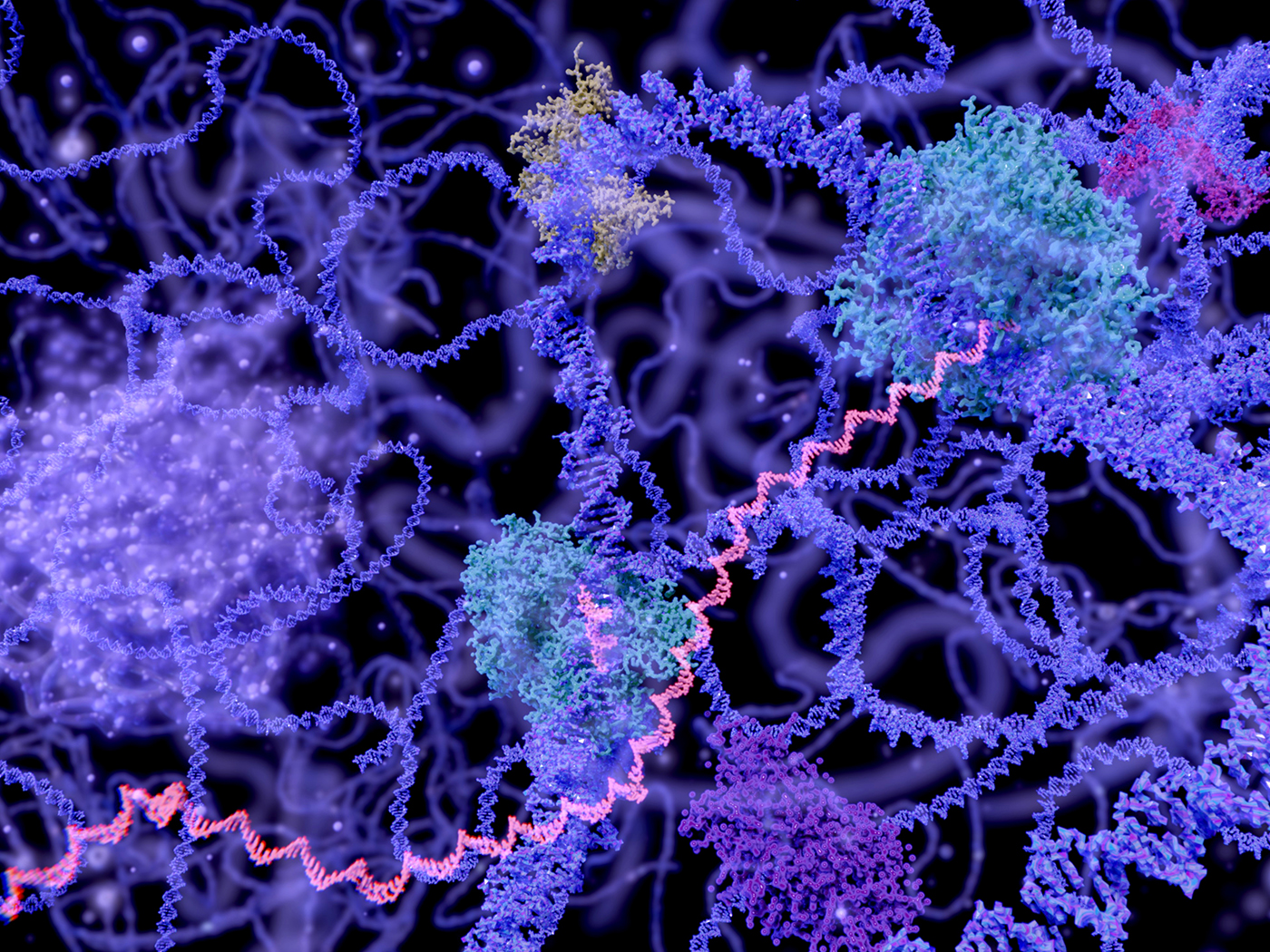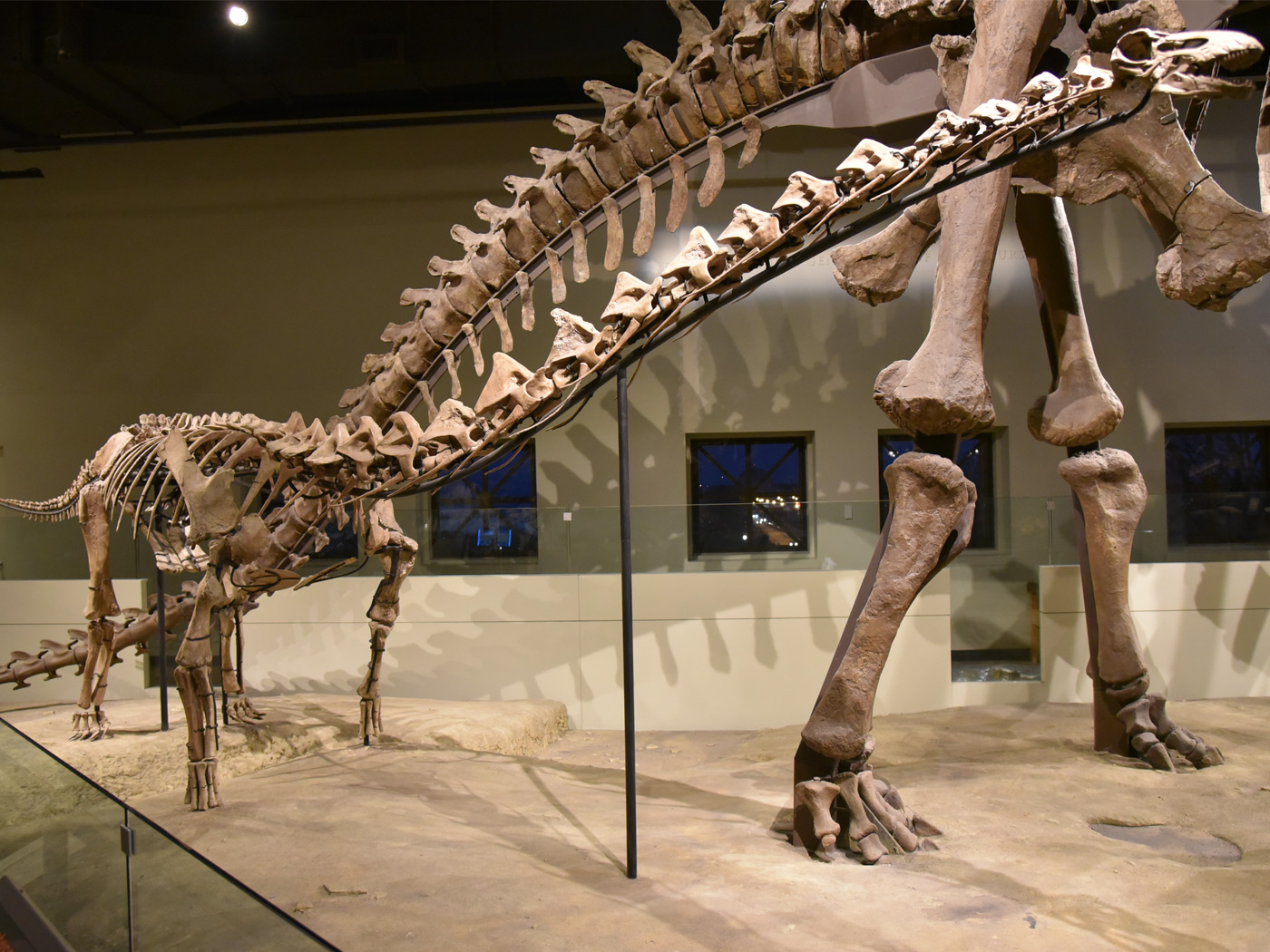Antibiotics are a bit like electronic products. Given time, they become obsolete. Scientists at the Rockefeller University have taken antibiotic technology to the next level by targeting bacterial genes. A new drug may have turned the tables on drug-resistant "superbugs."
Researchers pitted the new drug, called Ceftobiprole, against some of the deadliest strains of multi-drug resistant Staphylococcus aureus, commonly known as MRSA. These bacteria have been blamed for a majority of the staphylococcal infections in hospitals and communities worldwide. Once they instigate an infection, such bacteria have proved extremely difficult to combat. Ceftobiprole has been engineered to interact with the mutated gene that confers antibiotic resistance to the bacteria.
The research, slated to be published in the August 2008 issue of Antimicrobial Agents and Chemotherapy, showed Ceftobiprole to be remarkably successful in killing MRSA. The study’s lead investigator, Alexander Tomasz of the Laboratory of Microbiology at Rockefeller, said in a Rockefeller University news release, "It just knocked out the cells 100 percent."1 These results are good news for those who are suffering under and/or dying from MRSA infections. The drug was also able to kill S. aureus strains that were resistant to vancomycin (VRSA), a different class of antibiotics.
Bacterial resistance to antibiotics has been used as an example of evolution in action. However, it is rarely emphasized that these bacteria typically survive antibiotics for one of two reasons, neither of which involve the development of new genetic information. Either bacteria acquire an antibiotic-resistant gene from their environment, or they experience a mutation that both makes them antibiotic-resistant and weakens that bacterial strain when compared to its wild cousins. In neither case is a new gene or any new, useful information being created. Resistant bacteria are either the lucky recipients of pre-existing programs, or of a non-lethal mutation.
Though scientists have designed a drug that may remove the dreadful threat of MRSA infection, the fact remains that drug-resistant bacteria do not demonstrate macroevolution.2 When the selective pressure of the antiseptic hospital environment is removed, virulent bacteria such as MRSA are out-competed by other, more fit strains. And when the selective pressure of additional antibiotics like Ceftobiprole is increased, the bacteria again die. In neither case do they change from being the same species, Staphylococcus aureus, and the Bible even describes this in Genesis 1 with the repeated reference to each living creature reproducing "after his kind."
References
- New antibiotic beats superbugs at their own game. Rockefeller University press release, July 2, 2008. Accessed on newswire.rockefeller.edu July 3, 2008.
- Macroevolution includes the sweeping claim proposed by Charles Darwin in 1859 that all presently existing species developed naturally from a single common ancestor in the distant past. Mutations or gene-swapping events are real mechanisms that contribute to variation within a created kind, but are totally insufficient to account for the origin of any one kind.
* Mr. Thomas is Science Writer.
Article posted on July 14, 2008.























